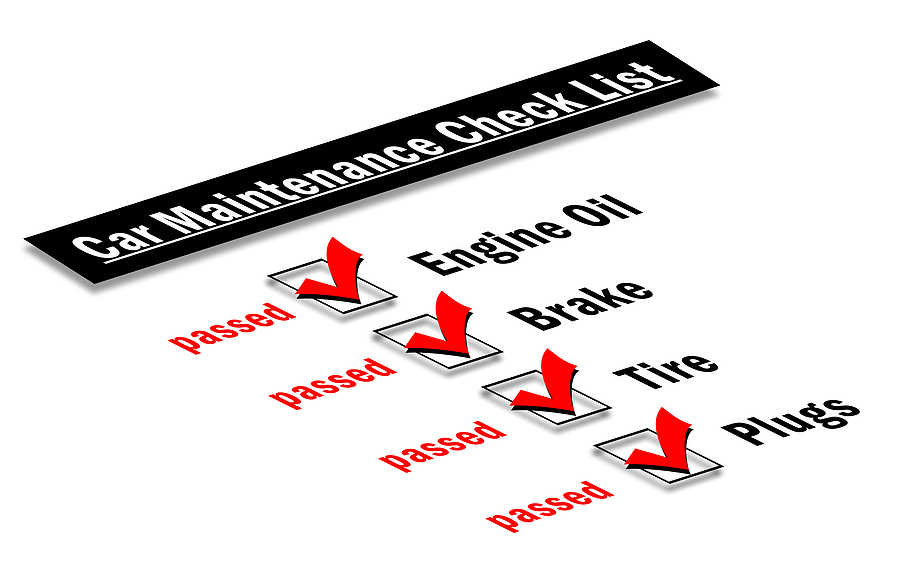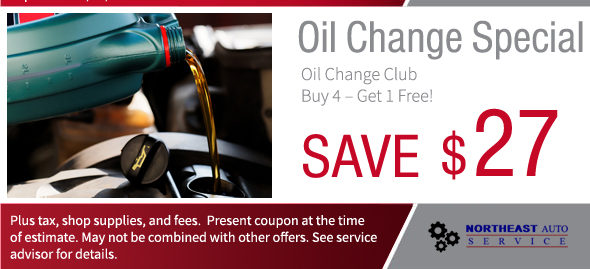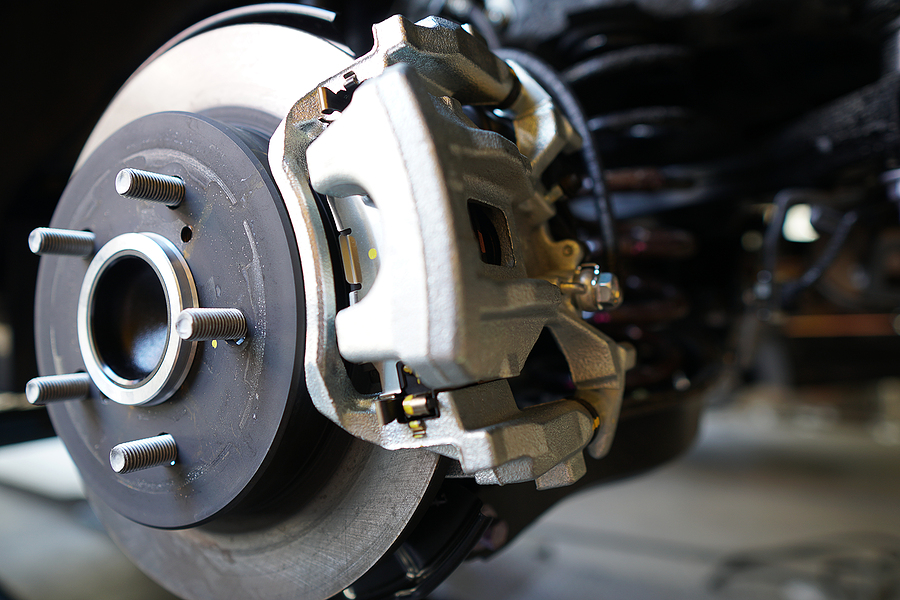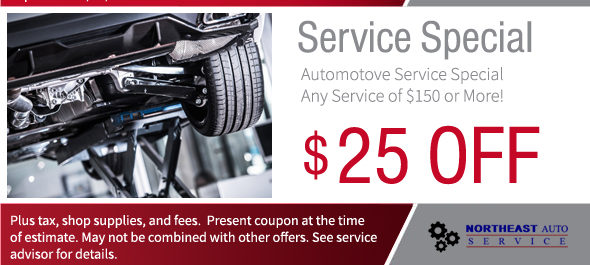If you are a car owner, it is necessary to know how to take care of your asset in order to protect your investment. And it all starts with routine car maintenance. Everything from sensible driving and fluid changes, to filter replacements, battery care, and more, are all important parts of maintaining a safe and operational vehicle for years to come. You can find the recommended maintenance schedule you’re your vehicle in its owners’ manual. Or you can contact a trusted mechanic for advice.
Continue reading to review some of the most commonly asked questions about car maintenance, and who to trust with your vehicle.

Car Care and Maintenance Mechanic Advice
When Should I Rotate and Balance My Tires?
Your car’s tires play a large role in gas mileage, fuel efficiency, performance, and safety. For this reason, it is important to pay attention to your tire’s condition and routine needs. It is recommended to rotate and balance tires every 5,000 miles, or at every other oil change.
When Should I Get My Oil Changed?
Oil changes are vital for your vehicle. Without them, your car simply wouldn’t run after some time. So be sure to get your oil changed every 3,000 to 5,000 miles. If you drive often or drive long distances frequently, you may need to get them at closer intervals.
When Should I Replace My Spark Plugs?
Spark plugs are important components to your vehicle’s engine. For this reason, and many more, you should replace worn-out spark plugs every 30,000 miles, or every 3 years. This will also improve your fuel efficiency.
Do I Have to Replace My Timing Belt?
You MUST replace your timing belt when the manufacturer recommends! If you fail to do so, it can cause major engine damage, which is extremely expensive to repair. Timing belt replacement is the much cheaper option.
Does My Check Engine Light Mean I Need Car Maintenance?
Well, not exactly. It illuminates when you are in dire need of car maintenance or repair. Your trusted mechanic, coupled with your car’s owners’ manual, will let you know when you need car maintenance. That is because car maintenance should be on the preventative side. You do not want to wait until there is something wrong to act.
What Do I Do if My Car Overheats?
Pull over immediately, turn off the engine, allow it to cool completely, and then check to see if you are low on coolant. In most cases, a quick re-fill of radiator fluid, also known as coolant, is the cure for an overheating engine. In other cases, it can be something more serious. If your car continues to overheat, even with coolant, you need auto repair.
Why is My Engine Oil Look Milky?
When coolant leaks into the engine oil, it can take on a milky-brown color. Blown head gaskets, cracked casings, and transmission cooler failure are common causes. This is a very serious issue that requires immediate auto repair.
When Do I Need to Replace the Fuel Filter?
Just like spark plugs, fuel filters should be replaced every 30,000 miles or so. You can couple this service with your spark plug replacement and get them done at the same time.
What Do I Do if I Have a Burnt Fuse?
Burnt out fuses should be replaced immediately. Be sure to always use the same amperage, which you can find printed on the fuse. It the same fuse continues to cause problems; you may have an issue with your circuit. This requires professional inspection and repair.
Do you need factory schedule car maintenance in Indianapolis, Indiana? Contact Northeast Auto Service at 317-475-1846 for automotive repair services at the most affordable prices in town!
You Might Also Like:
What is Car Maintenance Insurance?
Why You Must Get Your Car Air Filters Changed This Year
Collective Car Care Tips and Tricks You Need to Know



